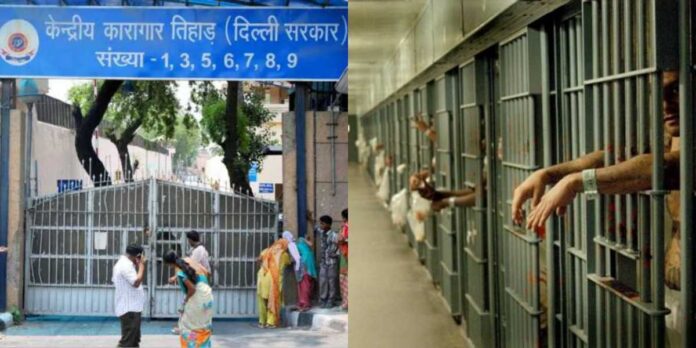
A bail which is laid down under section 436 of criminal procedure code, 1973 that a person accused of bailable offenses under Indian penal code can be granted a bail. A bail refers to a provisional release of the accused in a case of bailable offense for which the court has not announced the judgment yet. The bail means as a security that is deposited in order to secure the release of the accused. The bailable offenses are those offenses or crimes that are not very serious in nature. The bail is a right of the accused and the arrested person after submitting the bail request with the police can get a release from the jail until the case is proven in the court. The examples of bailable offense are; Simple hurt under section 337 of IPC, Bribery under section 171E of IPC, Public nuisance under section 290 of IPC, Death by rash of negligent act under section 304A of IPC etc.

There is a basis difference between bailable and non bailable offense which is the grant of bail in bailable offense is a right of an arrested person is granted by the police or the court but in non-bailable offense in which the grant of bail is not a matter of right.
In bailable offense the police has power to grant bail but after the challans or fines are filed in the court so that the accused person or his/her advocate has to fill a prescribed bail bond in order to get regular bail from the court because the police cannot keep any person arrested for any alleged offense for more than 24 hrs in the custody and the police is duty bound to present a alleged offense person within 24 hrs in front of the nearest magistrate under whose jurisdiction the alleged offense has been committed .In case if police failed to do so then the illegal detention by police can get us a right to move the writ petition of Habeas corpus in the court against the police.
Habeas corpus is a writ requiring a person under arrest to be presented before a court or a judge to secure a person from unlawful grounds for detention or unlawful imprisonment. The habeas corpus writ is a fundamental right in the Indian Constitution that protects against unlawful actions which are taken against a person.
Your rights if you are arrested:
1. The moment any person is arrested by the police he has a right to take knowledge of an offense he/she is charged to commit.
2. It is the duty of the police officers at that moment to inform the nearest relative of the accused. A person cannot be detained in police custody for more than 24 hours.
3.If a person is charged for bailable offense then he/she is entitled to be released on bail.
There are three types of bail such as regular bail which is generally granted to a person who is arrested and is in police custody, a bail application has been filed under section 437 and 439 of crpc. Interim bail which is granted for a short period of time which is granted before the hearing of regular bail or anticipatory bail. An anticipatory bail is granted under section 438 of Crpc either by Session or the High Court. An anticipatory bail is granted for a non bailable offense or if a person is aware of he/her arrest then they can apply for anticipatory bail before the Session court. If a person is aware of the offense which they have an idea that the offense is non bailable then they can apply for an anticipatory bail unless they have proven guilty. An anticipatory bail is granted only for a particular reason against which the anticipatory bail is asked by the accused. Bail before arrest is also granted when the court feels that the accused is falsely involved in the case and the arrest will affect his honor or dignity.
Procedure to apply for a bail is when the public prosecutor has to approach the police officers if there is no FIR then the public prosecutor will make a oral plea for seven days pre-arrest notice in case the police formulated an intention to arrest then the judge will grant a plea an order will be passed accordingly and this is called as notice bail.
A bail can get refused also when there is an unacceptable risk of the certain behavior like the accused person will not appear in court, commit further offenses while on bail. A person charged with a crime should not be denied freedom unless and until there is not a good reason.
The condition to grant a bail in a non-bailable offense are:
- If the accused is a woman or a child, a bail can be granted for a non-bailable offense.
- If there is lack of evidence then the bail in non-bailable offense can be granted.
- If there is a delay in lodging FIR by a complainant then the bail is granted
- If the accused is severely sick.
The court can cancel the bail even at a later stage given under section 437(5) and 439(2) under CrPC, the court can cancel the bail and give instruction to the police to arrest the person and keep him/her in police custody.






